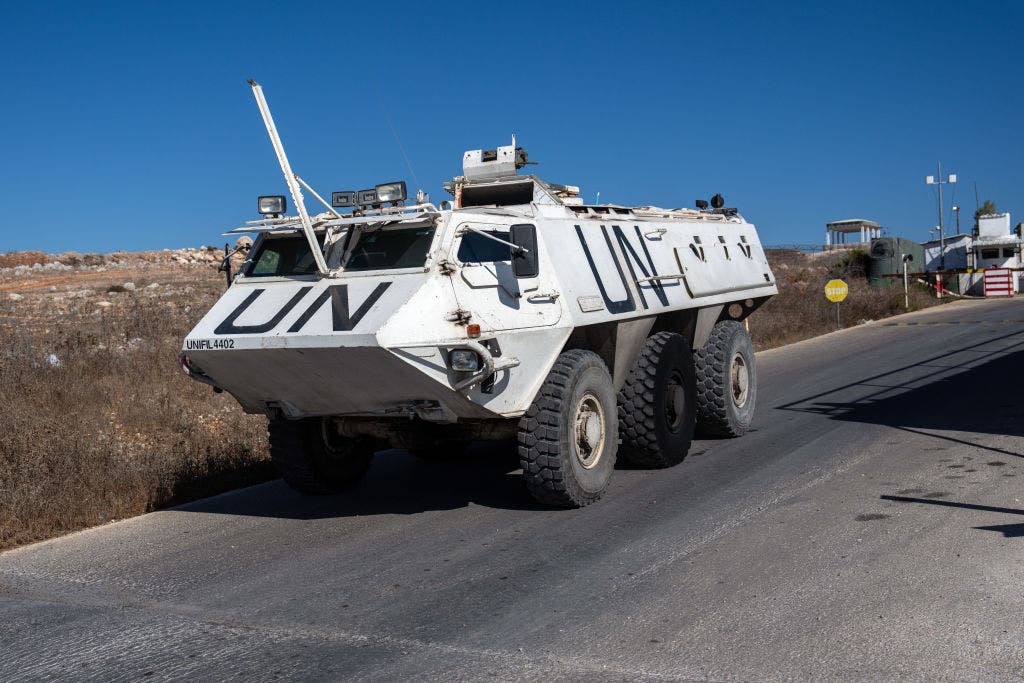The Israeli Ambassador to the U.N. accused UNIFIL of not enforcing its mission to prevent Hezbollah from establishing military outposts on the border with Israel. Israel’s incursion into southern Lebanon revealed a military outpost filled with explosives and mines. The U.N.’s failure to report violations and keep soldiers in the line of fire was criticized.
Resolution 1701 was passed in 2006 to aid the Lebanese Armed Forces in taking control of the region, replacing Hezbollah. However, Hezbollah’s decision to join Hamas in attacking Israel showed that UNIFIL had failed its mission. The growing presence of Hezbollah on Israel’s northern border posed a threat, particularly after Hamas invaded Israel’s southern border.
The IDF reported that Hezbollah launched rockets and missiles at Israeli communities from compounds near UNIFIL posts, resulting in casualties. UNIFIL stated that IDF tanks entered a U.N. position in Ramyah, endangering peacekeepers. The incident led to conflict between UNIFIL, IDF, and Israeli officials, with calls for greater dialogue and investigation.
Israeli Prime Minister Benjamin Netanyahu called for the withdrawal of UNIFIL troops from southern Lebanon. Despite attacks on U.N. positions, UNIFIL remained in place. The U.N. Secretary-General emphasized the need to protect U.N. personnel and properties, urging all parties to refrain from actions that put peacekeepers at risk.
The presence of Hezbollah tunnels near UNIFIL observation posts and other military installations highlighted the ongoing threat. The United Nations Security Council was set to discuss the situation in Lebanon. The complex dynamics between UNIFIL, IDF, and Hezbollah underscored the challenges of maintaining peace and security in the region.


